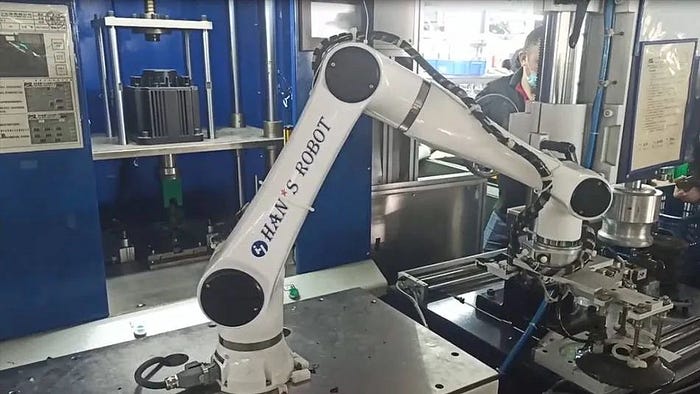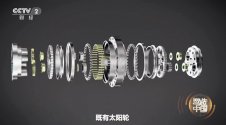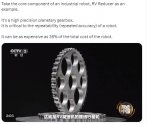China industrial robot makers narrow market share gap with foreign rivals in 2023
·
3 min read
·
Mar 5, 2024
- Industrial analysts hailed the resilience of China’s homegrown industrial robotics as they bucked the trend by growing market shares and enhancing product competitiveness.
Chinese industrial robot makers are closing in on foreign rivals, as their domestic market shares climbed to a record high in 2023, statistics show.
Sales of homegrown industrial robots represents 45.1% of the total over the past year, or 9.8 percentage points higher than the previous year, the National Bureau of Statistics said on February 29.
This is despite the fact that domestic industrial robot production fell 2.2% year on year to 429,500 units in 2023, the bureau said.
Among homegrown players, Estun (埃斯顿), Inovance (汇川技术) and Efort (埃夫特) led the pack, making their way into the list of top 10 manufacturers by sales.
The three firms owned a market share of 8.5%, 6.5% and 4.3%, respectively.
Far ahead of market average
Their strong performances contributed to a spike in the sales of indigenous industrial robot brands as a whole.
Official data suggests that their sales shot up 28% over 2022 to 128,000 units throughout 2023, far ahead of the average market growth rate.
Meanwhile,
foreign brands recorded a drop of 15% year on year to 155,000 units last year, amid a slowing economy and flat demand from sectors like lithium-ion battery, automobile, home appliance, electronics and metal processing.
These are traditionally major buyers of industrial robots.
Five drivers
The “Big Four” industrial robot manufacturers, namely, Fanuc, ABB, Yaskawa and Kuka, continued to top the market share ranking, coming in at 13.3%, 7.4%, 6.4% and 6.0%, respetively.
According to data released by MIR, an industry-focused consultancy, a total of 283,000 industrial robots were sold in China last year, edging up 0.4% year over year.
Market observers pointed out that in 2023, the biggest drivers of the industrial robot segment were electronics, auto parts, metal product, lithium battery and solar panel.
Specifically, they accounted for 18.7%, 14.7%, 11.7%, 10.2% and 9.2% of industrial robot sales last year.
Solar panel outpaced other segments in its demand for industrial robots, snapping up 261 million units, up by a whopping 90%.
Resilience
Overall, amid a decline in overseas orders and a lackluster manufacturing space, domestic industrial robot producers have experienced slower growth.
Industrial analysts hailed the resilience of China’s homegrown industrial robotics as they bucked the trend by growing market shares and enhancing product competitiveness.
On the flip side, however, the fast expansion of frontrunners like Inovance and Estun has left domestic rivals further behind and struggling to play catch-up.





